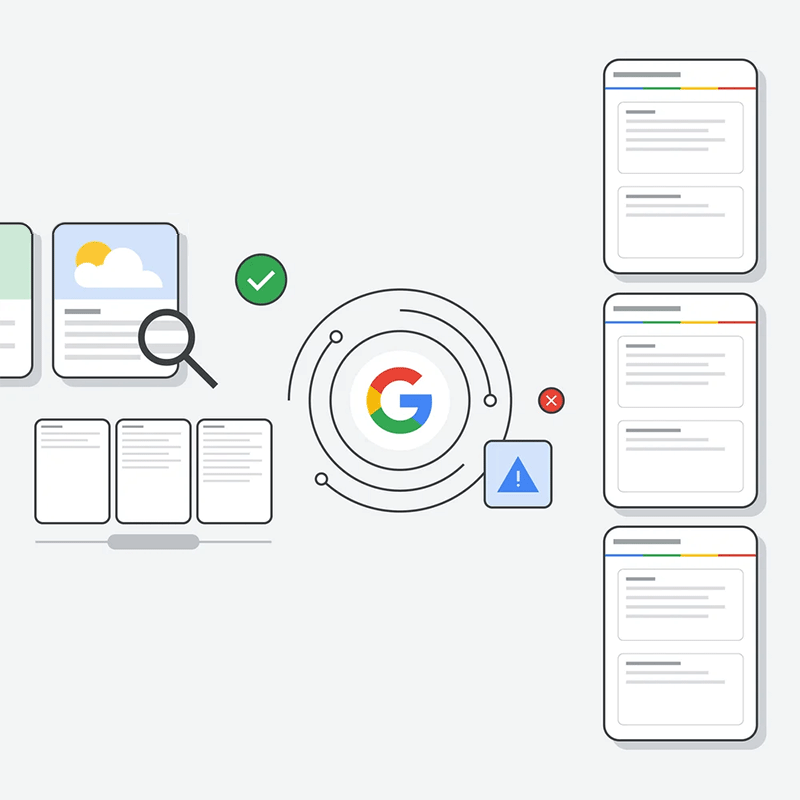
The AI industry is growing. Based on the way generative AIs and deepfakes astonish people, transparency is needed to differentiate what's what.
Google is one of the largest tech giants of the web, and Google Search is the largest search engine around by a long margin. Because of this, it thinks that it has a huge responsibility in delivering facts whenever they're available, and not some AI fakeries, no matter how convincing they can be.
In a blog post, Google said that:
Also, as we begin to roll out generative image capabilities, we will ensure that every one of our AI-generated images has a markup in the original file to give you context if you come across it outside of our platforms. Creators and publishers will be able to add similar…
— Google SearchLiaison (@searchliaison) May 10, 2023
According to Google, a study found that some 62% of netizens believe that whatever they see online is the real thing, even though it's in fact a misinformation.
To address this issue, Google said that it's always trying to introduce new easy-to-use tools and features on Google Search "to help you spot misinformation online, quickly evaluate content, and better understand the context of what you’re seeing."
The thing is, Google cannot just claim something is the truth or a fake, without information to back the claim.
" [...] we also know that it’s equally important to evaluate visual content that you come across," said Google.
When you’re trying to figure out if a piece of information or an image is reliable, context is key. Learn more about our new tools to help you better understand what you’re seeing online quickly and easily #GoogleIO https://t.co/n3qlrzB5Pe
— Google (@Google) May 15, 2023
This is where Google wants to introduce what it calls the 'About this image' feature. Available first in the U.S. in English, users can see important context like:
- When the image and similar images were first indexed by Google.
- Where it may have first appeared.
- Where else it’s been seen online (like on news, social, or fact checking sites).

On top of that, Google is also announcing the roll out of it wants to ensure that "every one of our AI-generated images has a markup in the original file to give you context if you come across it outside of our platforms."

These features are introduced following the hype of generative AI products, which can create surreal internet, where images are fabricated with only imagination as the limit.
Between chatbots tossing misinformation back and forth to each other, a convincing AI-generated Pope Francis wearing a stylish puffer jacket fooling many people on the web, Google wants to ensure that users know the differences, by telling them when things are real deal, and when things aren't.
After all, Google has been continuously building its Google Search search engine to deliver "reliable, helpful and high-quality information."
But since the internet has become populated with increasing number of AI-generated content, and that humans are no longer the sole creators of web contents, Google wants to help users "make sense of what you find online and keep up with an ever-changing web."
Read: Viral AI-Generated Photos That People Mistook As Real Photos Forced Midjourney To Pause Free Trial